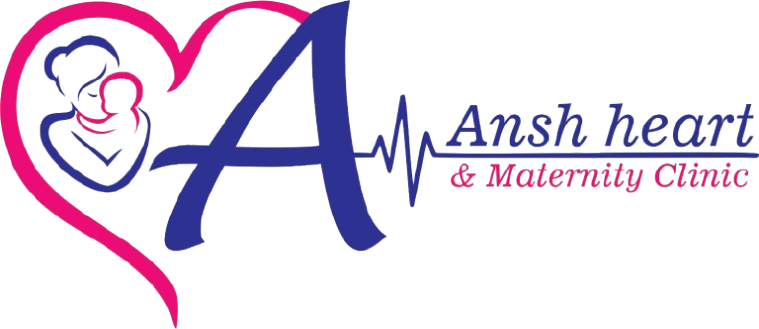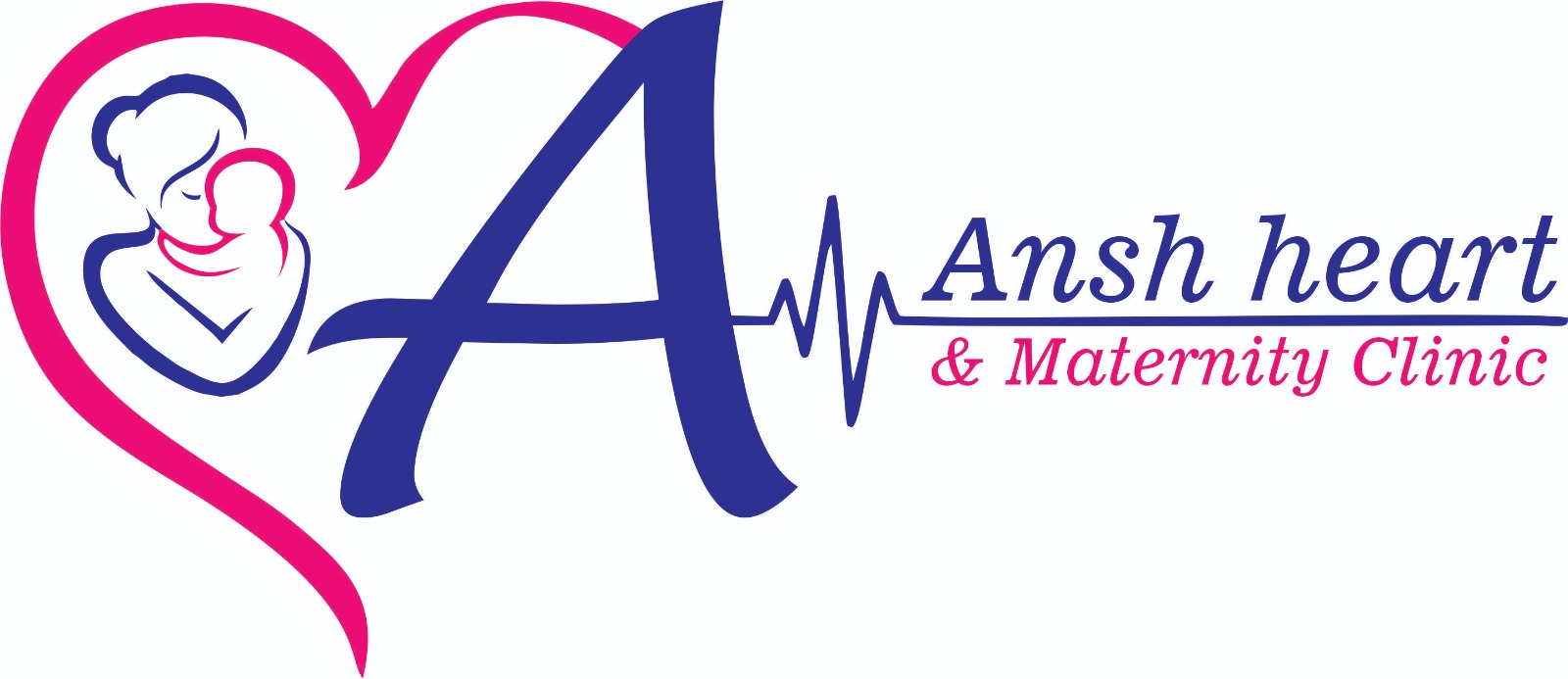Hypertension, also known as high blood pressure, is a medical condition in which the force of the blood against the walls of the arteries is consistently too high. Blood pressure is measured in two values: systolic (the pressure when your heart beats) and diastolic (the pressure when your heart rests between beats).

Types of Hypertension:
- Primary (Essential) Hypertension: This type doesn’t have a specific cause but develops over many years and is influenced by genetic factors, poor diet, lack of exercise, and lifestyle factors such as stress.
- Secondary Hypertension: This type is caused by an underlying condition, such as kidney disease, thyroid problems, or sleep apnea. Certain medications like birth control pills or over-the-counter pain relievers can also contribute to secondary hypertension.
Risk Factors:
- Age: The risk of developing hypertension increases as you age.
- Family History: A family history of high blood pressure can increase your risk.
- Obesity: Being overweight puts additional strain on the heart.
- Lack of Physical Activity: Regular physical activity helps keep blood pressure under control.
- Diet: A diet high in salt, fat, and cholesterol can lead to high blood pressure.
- Excessive Alcohol Consumption: Drinking too much alcohol can raise blood pressure.
- Smoking: Tobacco use can damage blood vessels, leading to higher blood pressure.
- Stress: Chronic stress can contribute to elevated blood pressure.
- Sleep Apnea: Untreated sleep apnea can lead to high blood pressure.
Symptoms:
Often referred to as a “silent killer,” hypertension usually has no obvious symptoms, which is why it can go unnoticed until it causes significant damage to the heart or other organs. Some people may experience:
- Headaches
- Shortness of breath
- Nosebleeds
- Dizziness or fainting
Complications:
If left untreated, hypertension can lead to serious health problems, such as:
- Heart Disease: Including heart failure, heart attack, or an enlarged heart.
- Stroke: High blood pressure is a leading cause of stroke.
- Kidney Damage: Hypertension can damage the kidneys, potentially leading to kidney failure.
- Vision Loss: Damage to blood vessels in the eyes can lead to blindness.
- Aneurysm: High blood pressure can cause blood vessels to weaken and bulge, potentially leading to life-threatening ruptures.
Diagnosis:
Hypertension is typically diagnosed through blood pressure readings taken during a medical examination. A blood pressure reading is given as two numbers:
- Systolic (the top number) should be less than 120.
- Diastolic (the bottom number) should be less than 80. A reading of 130/80 mmHg or higher is generally considered high blood pressure.
Treatment:
Lifestyle Changes:
- Diet: Eat a balanced diet that includes plenty of fruits, vegetables, and low-fat foods. Reducing sodium intake is crucial.
- Exercise: Regular physical activity can help lower blood pressure.
- Weight Management: Losing weight can significantly improve blood pressure.
- Limiting Alcohol: Moderating alcohol consumption can help control blood pressure.
- Stress Reduction: Managing stress through relaxation techniques, meditation, or yoga can help.
Medications:
- Diuretics: Help the body get rid of excess sodium and water, reducing blood pressure.
- ACE Inhibitors: Relax blood vessels and reduce the strain on the heart.
- Beta-blockers: Reduce heart rate and the amount of blood the heart pumps, lowering blood pressure.
- Calcium Channel Blockers: Help relax blood vessels and reduce blood pressure.
- Angiotensin II Receptor Blockers (ARBs): Similar to ACE inhibitors, they help relax blood vessels.
Prevention:
- Maintain a healthy weight.
- Eat a balanced, heart-healthy diet.
- Be physically active.
- Limit alcohol and avoid smoking.
- Manage stress and get enough sleep.
- Monitor your blood pressure regularly, especially if you’re at risk.



